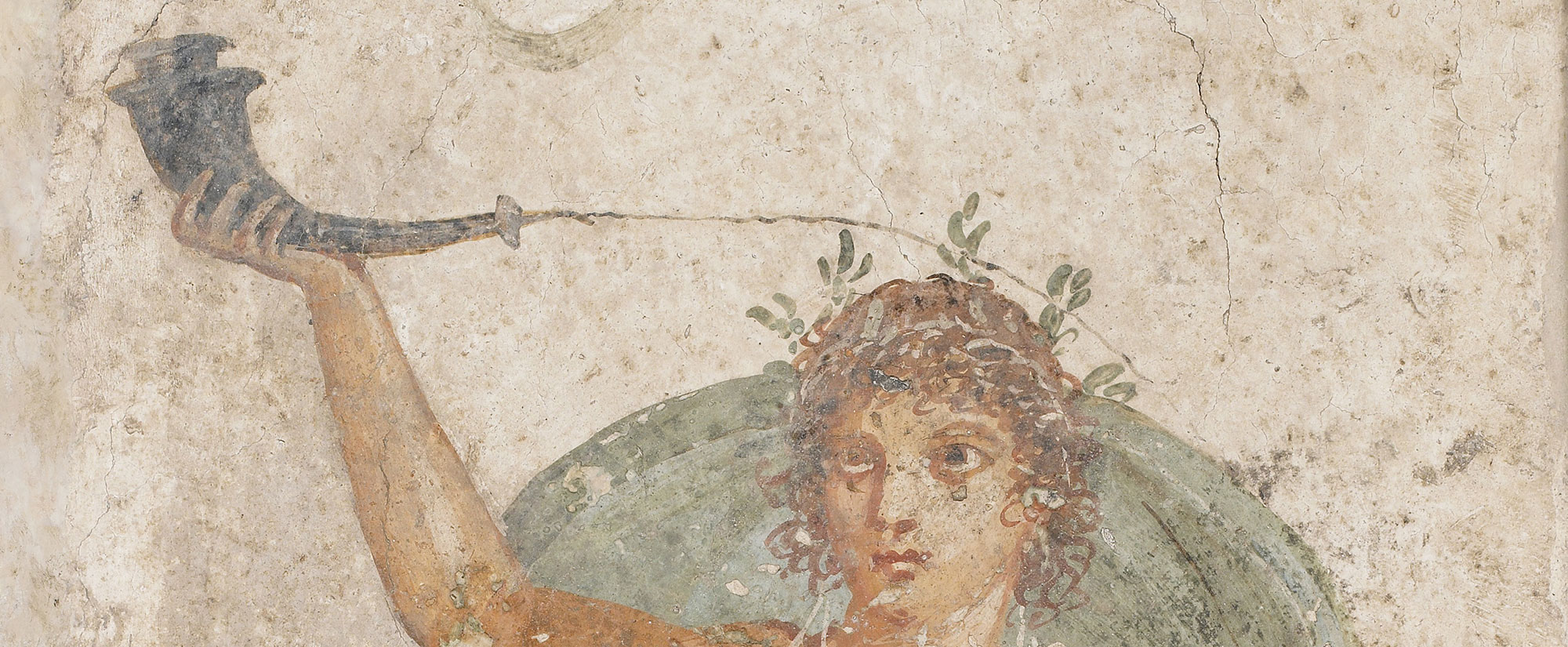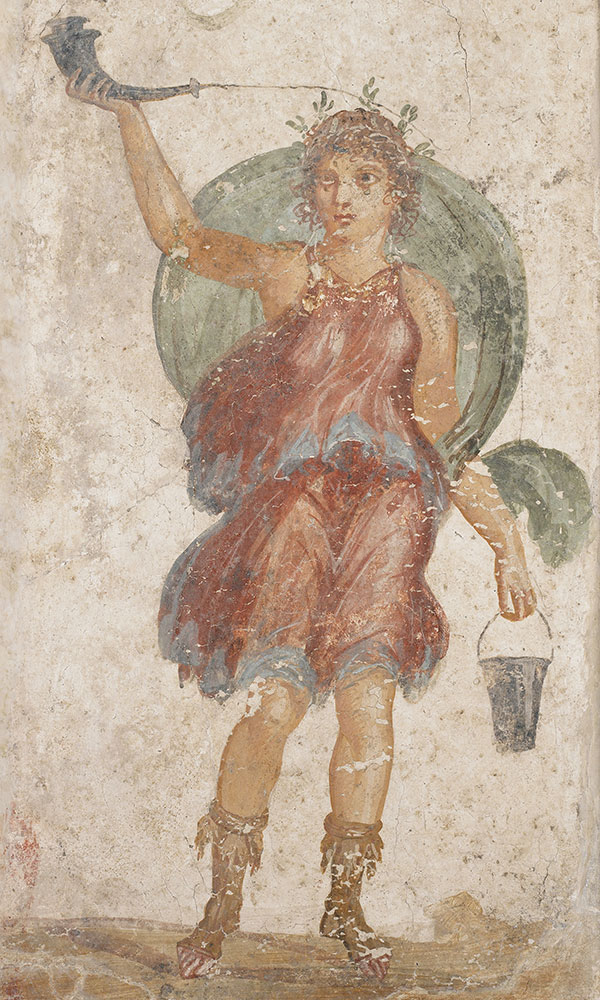CAMBRIDGE, ENGLAND—According to a statement released by the University of Cambridge, the practice of burying the dead without grave goods spread across western Europe more quickly than had been previously thought. Emma Brownlee of the University of Cambridge reviewed more than 33,000 graves dated from the sixth through the eighth centuries A.D., and found that the inclusion of grave goods in burials in England, France, Germany, and the Low Countries began to decline in the mid-sixth century, and was abandoned entirely by the early eighth century. Brownlee says the speed of the change suggests that communities in early medieval Europe were well connected to each other through long-distance trade, shared ideas, and social pressure as more people adopted the new style of funeral. Read the original scholarly article about this research in Antiquity. To read about bone relics deposited in Britons' graves between 4,500 and 2,600 years ago, go to "Bronze Age Keepsakes."
Study Suggests Medieval Europe’s Shared Culture Spread Rapidly
News January 26, 2021
Recommended Articles
Digs & Discoveries May/June 2015
Medieval Leather, Vellum, and Fur
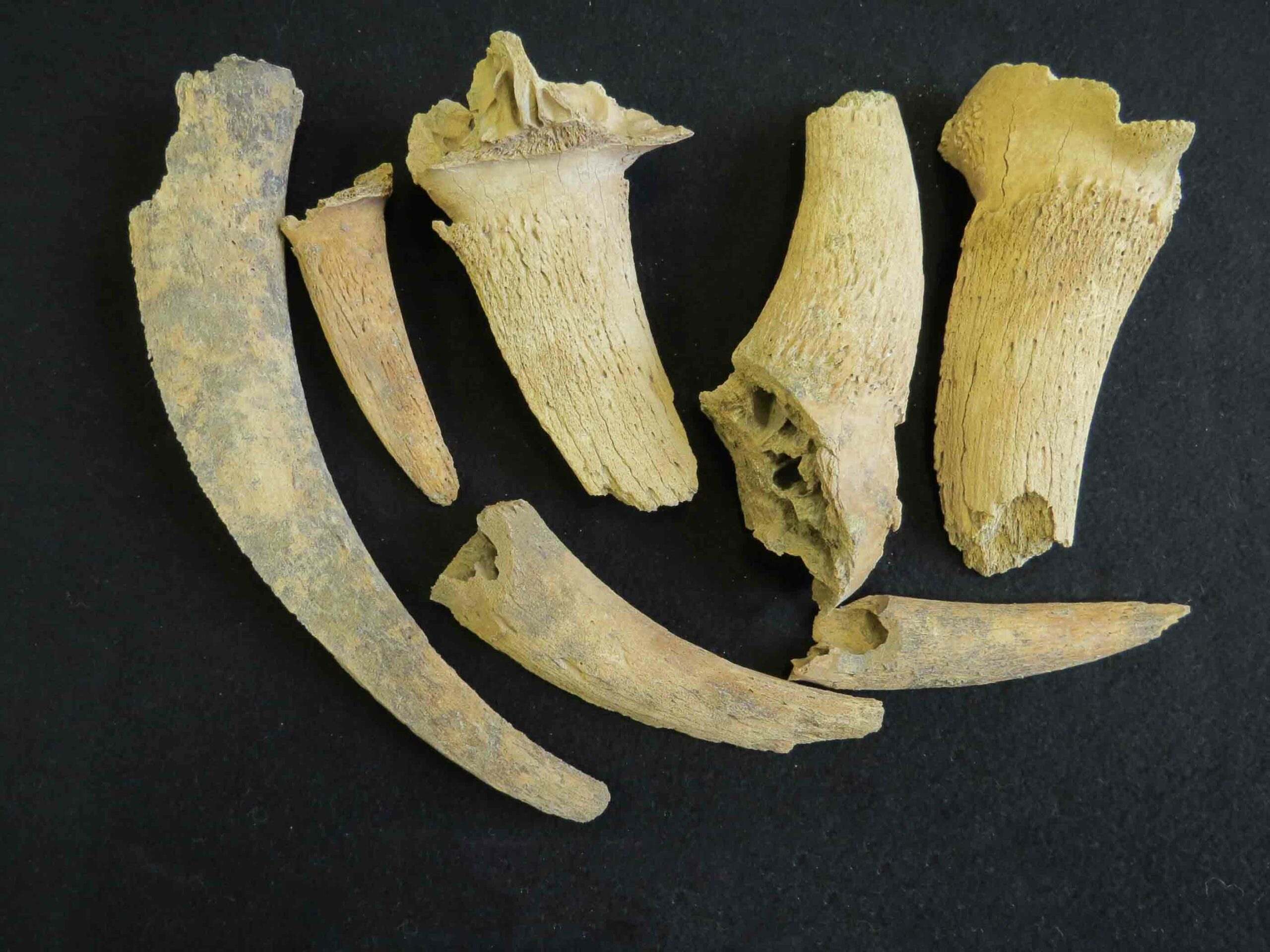
Artifacts May/June 2024
Medieval Iron Gauntlet
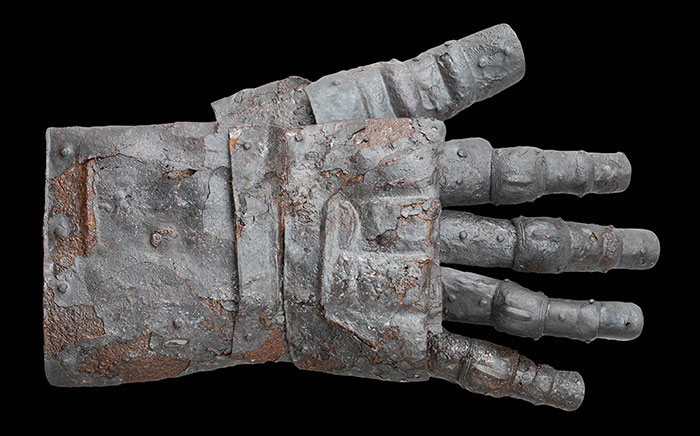
Digs & Discoveries January/February 2023
Storming the Castle
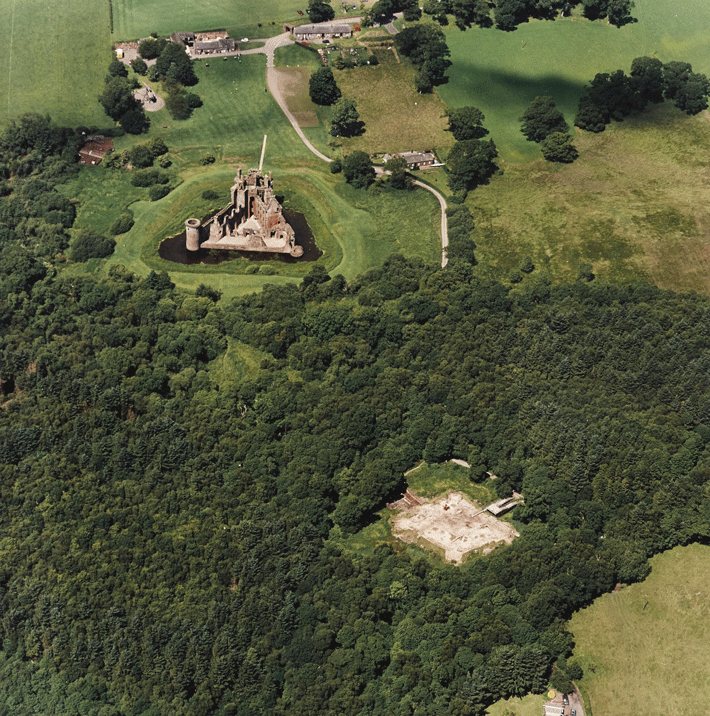
Letter from Germany September/October 2022
Berlin's Medieval Origins
In the midst of modern construction, archaeologists search for evidence of the city’s earliest days

-
Features November/December 2020
In the Reign of the Sun Kings
Old Kingdom pharaohs faced a reckoning that reshaped Egypt’s balance of power
 (Kenneth Garrett)
(Kenneth Garrett) -
Letter from Israel November/December 2020
The Price of Purple
Archaeologists have found new evidence of a robust dye industry that endured on the Mediterranean coast for millennia
 (Courtesy Michael Eisenberg)
(Courtesy Michael Eisenberg) -
Artifacts November/December 2020
Illuminated Manuscript
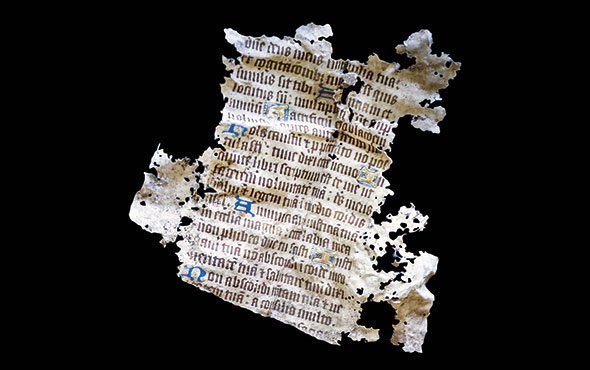 (National Trust/Mike Hodgson)
(National Trust/Mike Hodgson) -
Digs & Discoveries November/December 2020
Our Coastal Origins
 (Courtesy Emma Loftus)
(Courtesy Emma Loftus)


